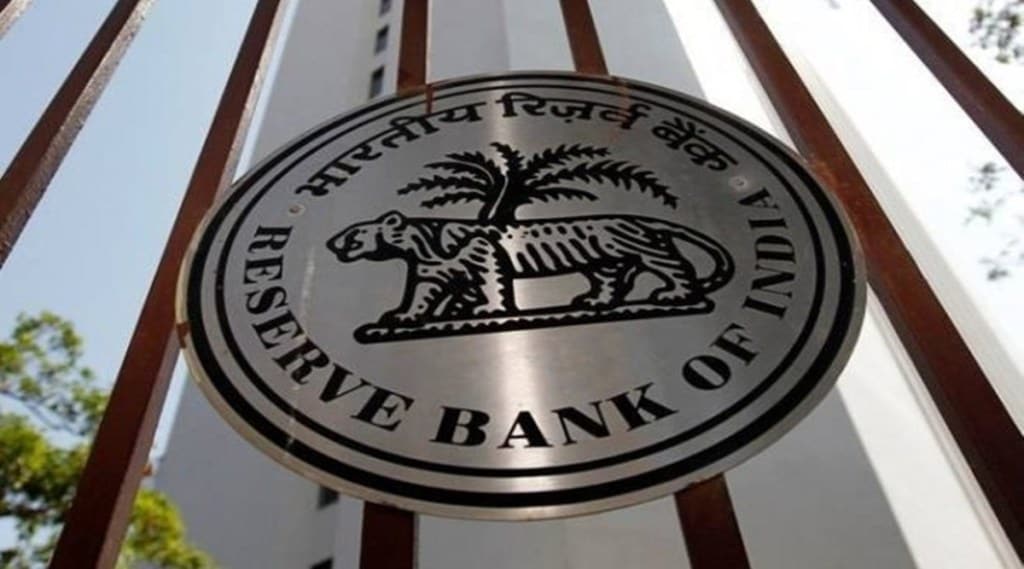The Reserve Bank of India (RBI) deputy governor T Rabi Shankar has said the central bank is receiving encouraging response from countries to participate in the rupee-based trading.
The RBI in July allowed rupee settlement in external trade, including the flexibility of investing surplus rupees in Indian bond markets. Although the official framework for rupee settlement came in July this year, allowing external commercial borrowings in domestic currency through masala bonds and invoicing export and import were first steps in this direction, but their uses were limited, Shankar said at the annual day event of the Foreign Exchange Dealers Association of India (FEDAI).
“The Asian Clearing Union is also exploring a scheme of using domestic currencies for settlement,” he said, adding that the arrangement which gives importers the choice to pay in domestic currency is worth exploring.
Also Read: Consolidation of PSBs has not impacted their outreach, says RBI Deputy Guv Rao
The use of rupee for transactions between non-residents would be a decisive vote of confidence in its internationalisation. However, that step will come in the final stages and is not a priority as of now, he said.
While the Indian economy has increasingly integrated with the global economy, its share in global merchandise trade continues to be relatively modest, Shankar said.
While enlisting the benefits of internationalisation of rupee, he said the move will mitigate currency risk for Indian businesses, reduce the need for holding foreign exchange reserves and curtail dependence on foreign currency, making India less vulnerable to external shocks and ensuring increased bargaining power for companies.
On the flip side, large holdings of rupee balances held by non-residents could heighten vulnerability to external shocks, which could amplify pass-through effect of external stimulus to domestic financial markets, and lesser dependence on foreign currencies in external transactions could lead to reduced reserve accretion, Shankar said.
“Internationalisation would make domestic monetary policy more challenging but the alternative of compromising on growth by playing it safe is clearly not an optimal choice,” he said.


